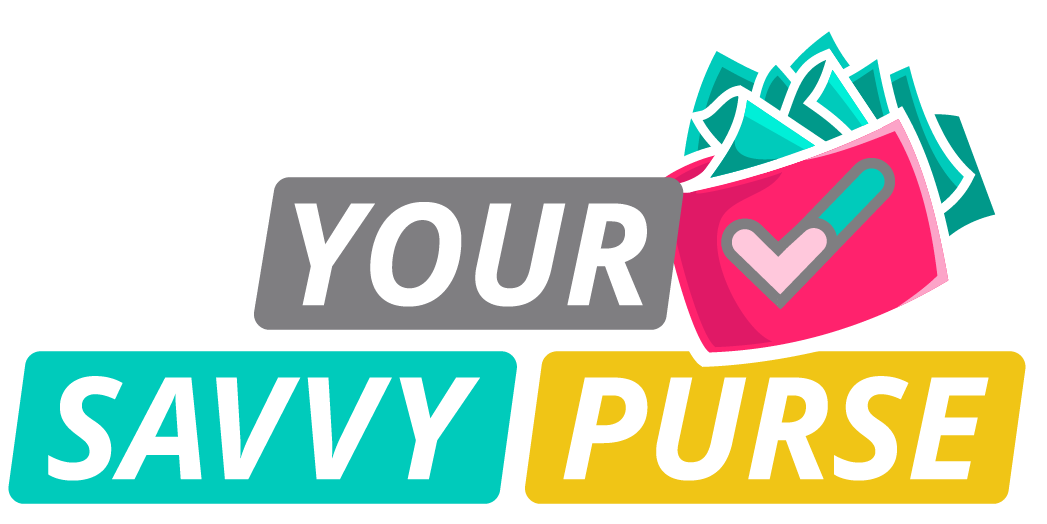We’re letting you know that this post contains sponsored links which Your Savvy Purse receives compensation for, which may impact their order of appearance.
Job interviews are not just about answering questions; they’re also your chance to show that you’re truly interested in the role and the company. Asking thoughtful questions at the end of the interview not only helps you gather the information you need to make an informed decision, but it also demonstrates that you’re engaged, prepared, and proactive.
If you’re unsure of what to ask, don’t worry! Here are five excellent questions to ask back to your interviewer that will leave a positive impression and show you’ve done your homework.
1. “What does success look like in this role, and how do you measure it?”
This question shows that you’re focused on understanding what will be expected of you in the position and how your performance will be evaluated. It gives you insights into the key responsibilities and metrics that are important to the company, and it allows you to align your strengths with the role’s expectations.
Why it works:
It demonstrates that you’re goal-oriented and eager to succeed. Additionally, it can help you gauge whether the company’s definition of success matches your own professional values and aspirations.
2. “Can you tell me more about the team I would be working with?”
Understanding the team dynamic is crucial for assessing whether you’ll thrive in the environment. Asking this question shows that you’re considering how you’ll fit in with the team and how collaboration will play a role in your day-to-day tasks.
Why it works:
It allows you to learn about the team culture, work styles, and how communication flows within the group. This information can help you assess if you’d enjoy working with the team and if it’s a good fit for your working style.
3. “What are the biggest challenges currently facing the team or company?”
This is a great question to ask because it gives you insight into the company’s current priorities and obstacles. It also shows that you’re forward-thinking and ready to contribute to problem-solving or overcoming challenges.
Why it works:
It demonstrates that you are not just interested in the role but also in the broader context of the company’s growth and objectives. It also helps you understand what you might be walking into if you take the job.
4. “How does the company support professional development and career growth?”
This question reflects your interest in long-term success and advancement within the company. Asking about professional development opportunities shows that you’re focused on improving your skills and growing in your career.
Why it works:
It shows that you’re thinking about the future and how the role can contribute to your personal and professional growth. It can also help you assess if the company invests in its employees and supports continuous learning and advancement.
5. “What is the company culture like, and what do you enjoy most about working here?”
Understanding company culture is essential for figuring out if the work environment aligns with your values and preferences. By asking this question, you show that you care about the work environment and want to ensure it’s a good fit for both you and the organization.
Why it works:
It gives you a sense of the company’s values, work-life balance, and overall atmosphere. The interviewer’s answer can also help you gauge if the culture is supportive, inclusive, and aligned with your own professional goals and lifestyle.
Bonus Question: “What are the next steps in the hiring process?”
It’s always helpful to clarify what to expect after the interview. This question shows that you’re eager to move forward and are serious about the position.
Why it works:
It shows you’re organized and interested in the process. It also helps you prepare for what comes next, whether that’s additional interviews, assessments, or simply waiting for a decision.
Conclusion
Asking thoughtful questions in an interview not only demonstrates that you’re well-prepared, but it also gives you a deeper understanding of the role and the company. By asking about success metrics, team dynamics, challenges, career development, and company culture, you can position yourself as a proactive and engaged candidate. These questions will not only leave a positive impression on your interviewer but also give you valuable insights to help you decide if the job is the right fit for you.
Remember, the interview is a two-way street—by asking the right questions, you show that you’re serious about finding a role where you can thrive, and that you’re already thinking about how to make a meaningful impact.



